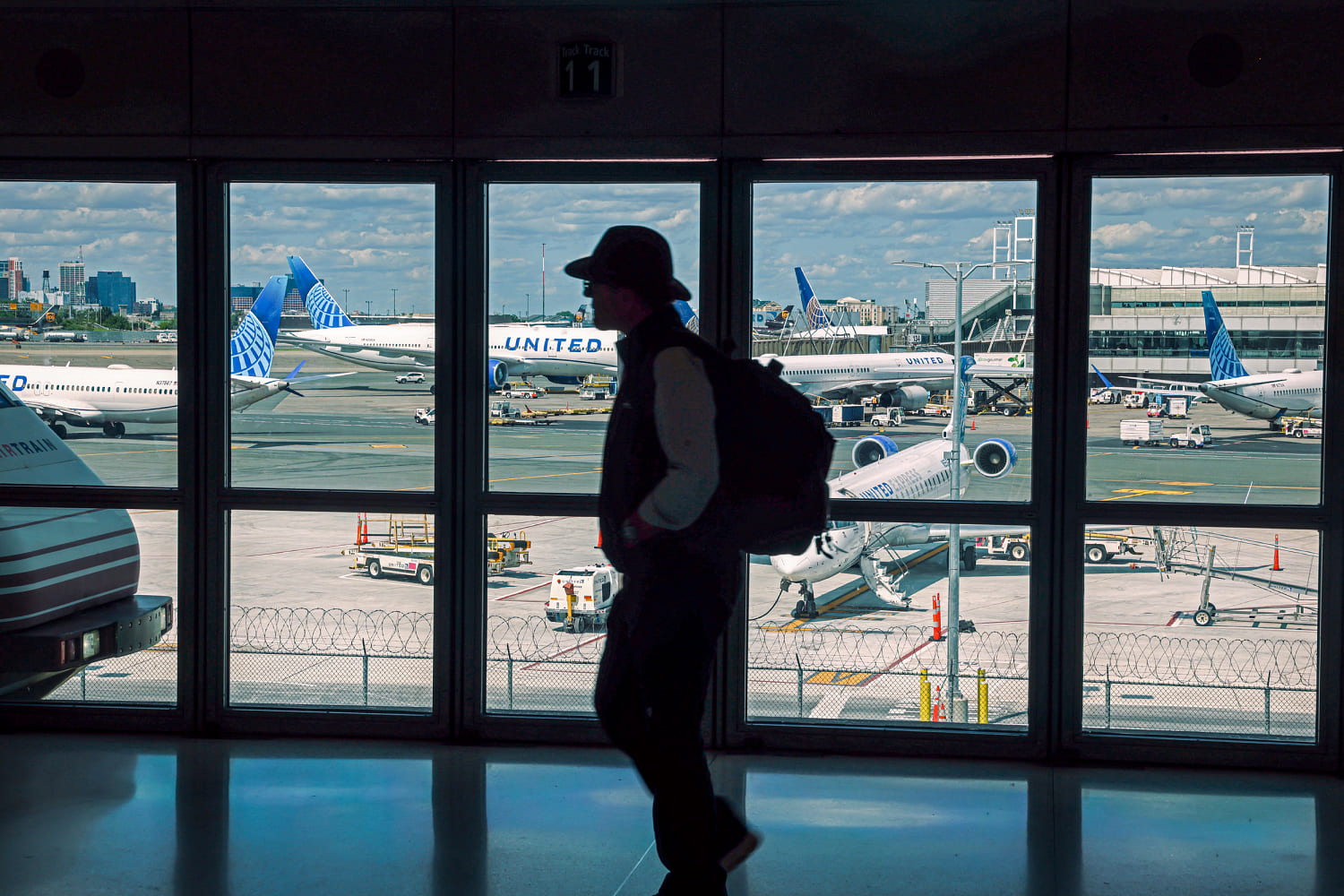
President Donald Trump announced Wednesday night that nationals from 12 countries would be banned from entering the United States starting Monday.
Trump said that the ban, which primarily targets countries in Africa and the Middle East, was necessary to preserve national security and prevent terrorism in the United States.
“As President, I must act to protect the national security and national interest of the United States and its people,” Trump’s proclamation reads. “I remain committed to engaging with those countries willing to cooperate to improve information-sharing and identity-management procedures, and to address both terrorism-related and public-safety risks.”
Who is banned?
Nationals of the following 12 countries will be blocked from entering the United States: Afghanistan, Chad, Equatorial Guinea, Eritrea, Haiti, Iran, Libya, Myanmar, the Republic of Congo, Somalia, Sudan and Yemen.
In addition, nationals of seven other countries will be barred from coming into the United States permanently or under several visa programs: Burundi, Cuba, Laos, Sierra Leone, Togo, Turkmenistan and Venezuela.
When does the ban take effect?
The executive order goes into effect Monday at 12:01 am ET.
Why now?
Addressing reporters Thursday at the White House alongside German Chancellor Friedrich Merz, Trump said he implemented the new ban now because “it can’t come soon enough.”
“Frankly, we want to keep bad people out of our country,” Trump said.
A similar policy in Trump’s first term, which barred foreigners from six Muslim-majority countries from entering the country, was reversed by then-President Joe Biden.
On the campaign trail, Trump promised he would revive the ban.
In a video posted Wednesday on YouTube, Trump cited the attack Sunday in Colorado as justification for the travel ban renewal.
“The recent terror attack in Boulder, Colorado, has underscored the extreme dangers posed to our country by the entry of foreign nationals who are not properly vetted, as well as those who come here as temporary visitors and overstay their visas,” Trump said. “We don’t want them.”
The suspect in the Boulder attack, Mohamed Sabry Soliman, is accused of using a “makeshift flamethrower” and Molotov cocktails on a group of people peacefully calling for the release of Israeli hostages in Gaza.
Soliman entered the United States legally from Egypt in 2022 on a tourist visa, according to officials.
Egypt is not one of the countries affected by the new travel ban.
Asked Thursday at the White House why Egypt was excluded from the list, Trump said, “Egypt has been a country that we deal with very closely.”
“They have things under control,” he said. “The countries that we have don’t have things under control.”
Are there any exceptions?
Yes. The ban will not affect nationals who are already lawful permanent residents of the United States. In other words, the proclamation will not apply to nationals from the list of banned countries who have green cards or who are living in the United States with a visa.
It will also not affect nationals of the banned countries who have citizenship in a second country and are entering the United States with a passport from an unrestricted country.
Other exemptions include Afghans who helped the U.S. government during the war in Afghanistan, ethnic and religious minorities facing persecution in Iran, athletes from banned countries who are entering the U.S for the World Cup or the Olympics and children who are being adopted.
